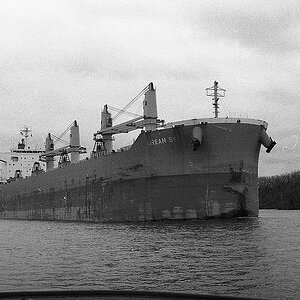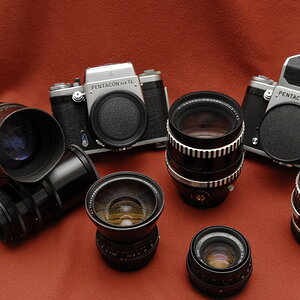LindseyC
TPF Noob!
- Joined
- Nov 10, 2009
- Messages
- 7
- Reaction score
- 0
- Location
- Southeast US
- Can others edit my Photos
- Photos NOT OK to edit
I'm somewhat new to photography, looking to purchase a camera where I can start to build experience and a part-time business in event photography. I'm looking at the Nikon D90 with 18-55, 70-300, 50mm Lens.
I'm researching how to build a home-based photography business and have emailed a few photographers in my area with no success. Any tips for a new photographer?
I'm researching how to build a home-based photography business and have emailed a few photographers in my area with no success. Any tips for a new photographer?


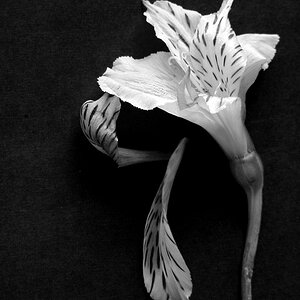
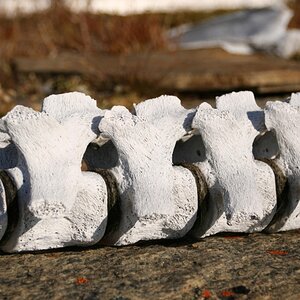
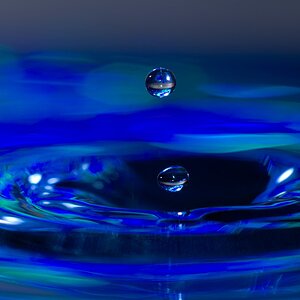
![[No title]](/data/xfmg/thumbnail/37/37113-886cb28b1e3fb197bdd00a9148269407.jpg?1619737882)
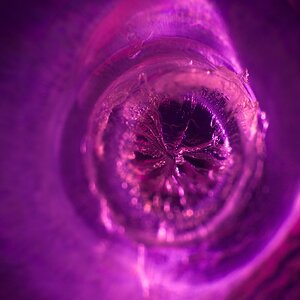
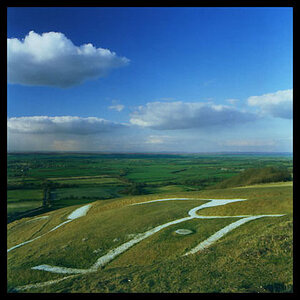
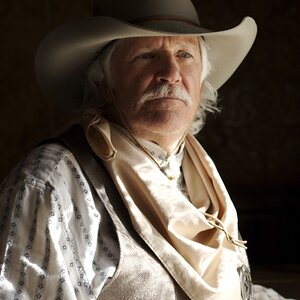
![[No title]](/data/xfmg/thumbnail/32/32180-aee1597d1cfb87ae220637f19420b65b.jpg?1619735235)
